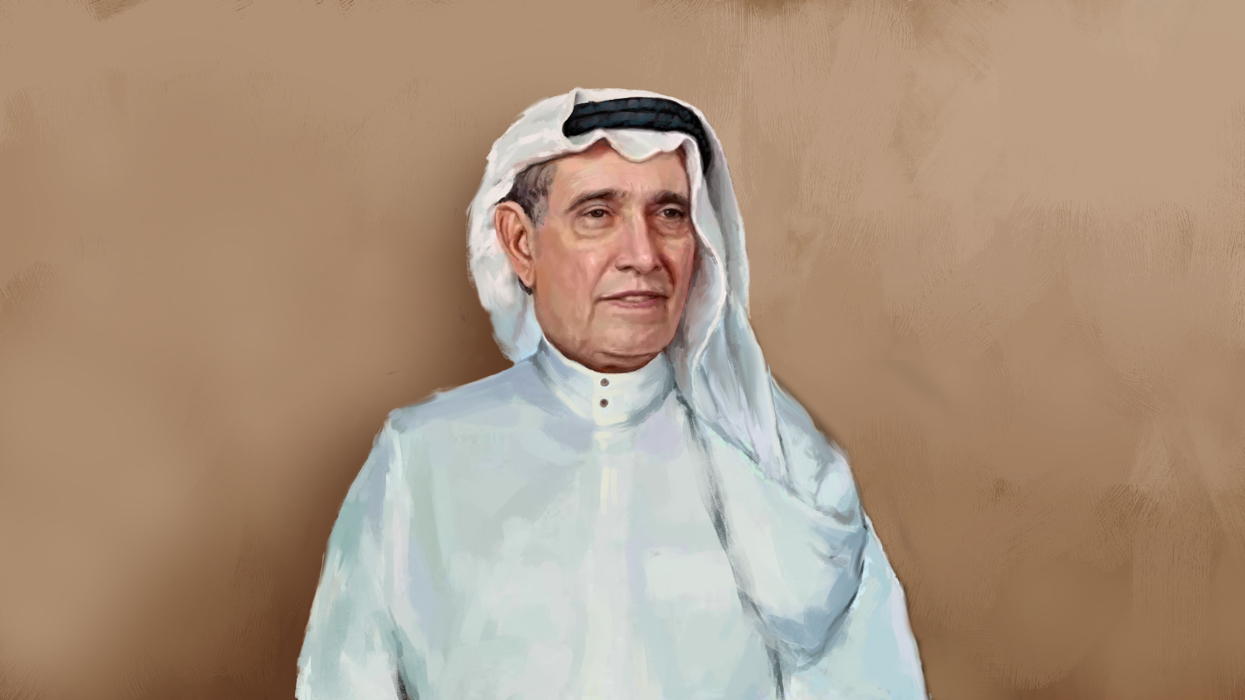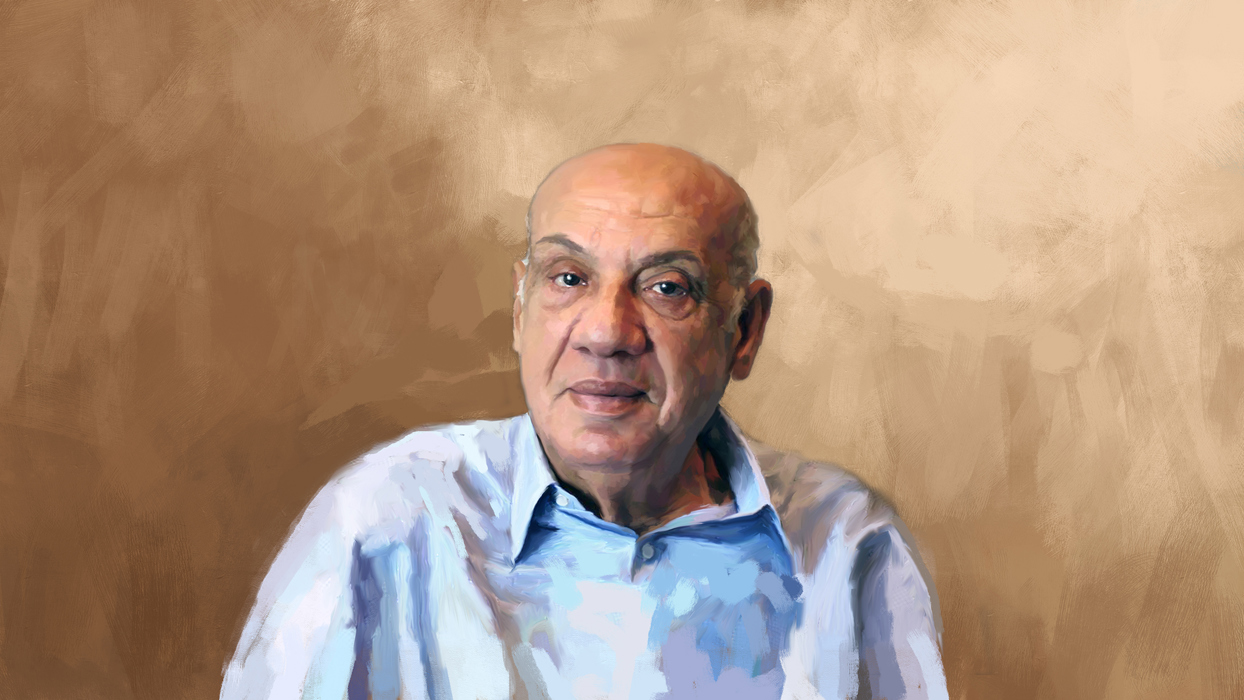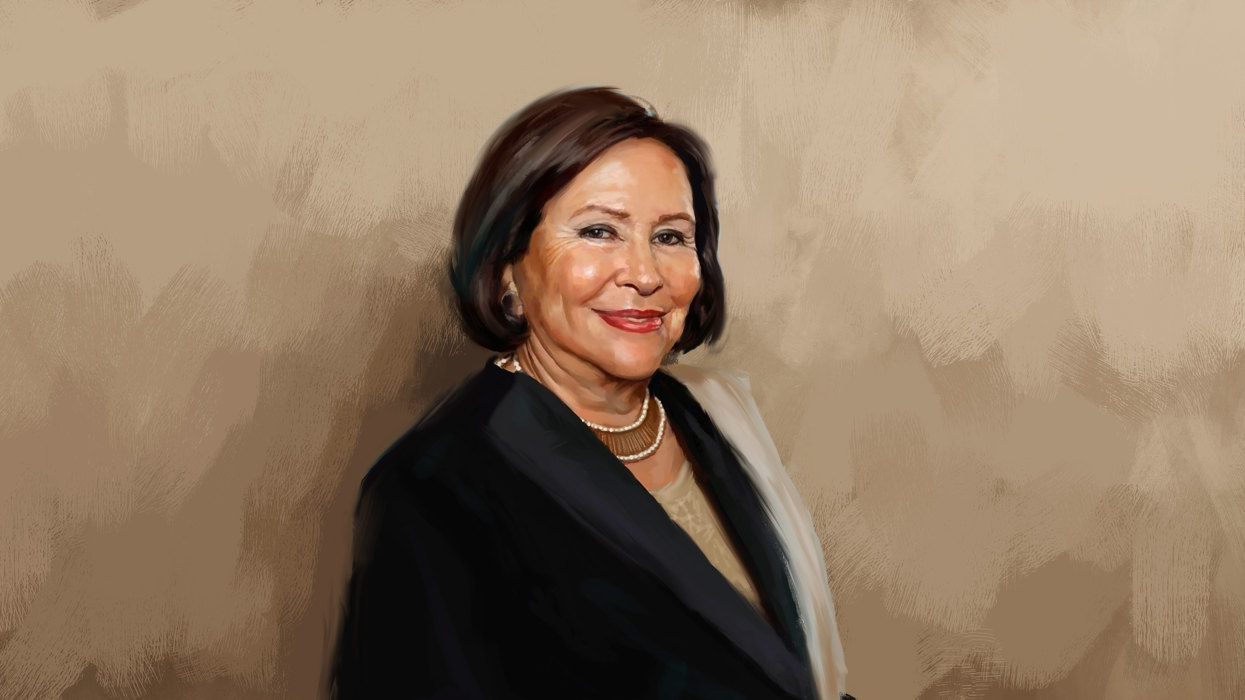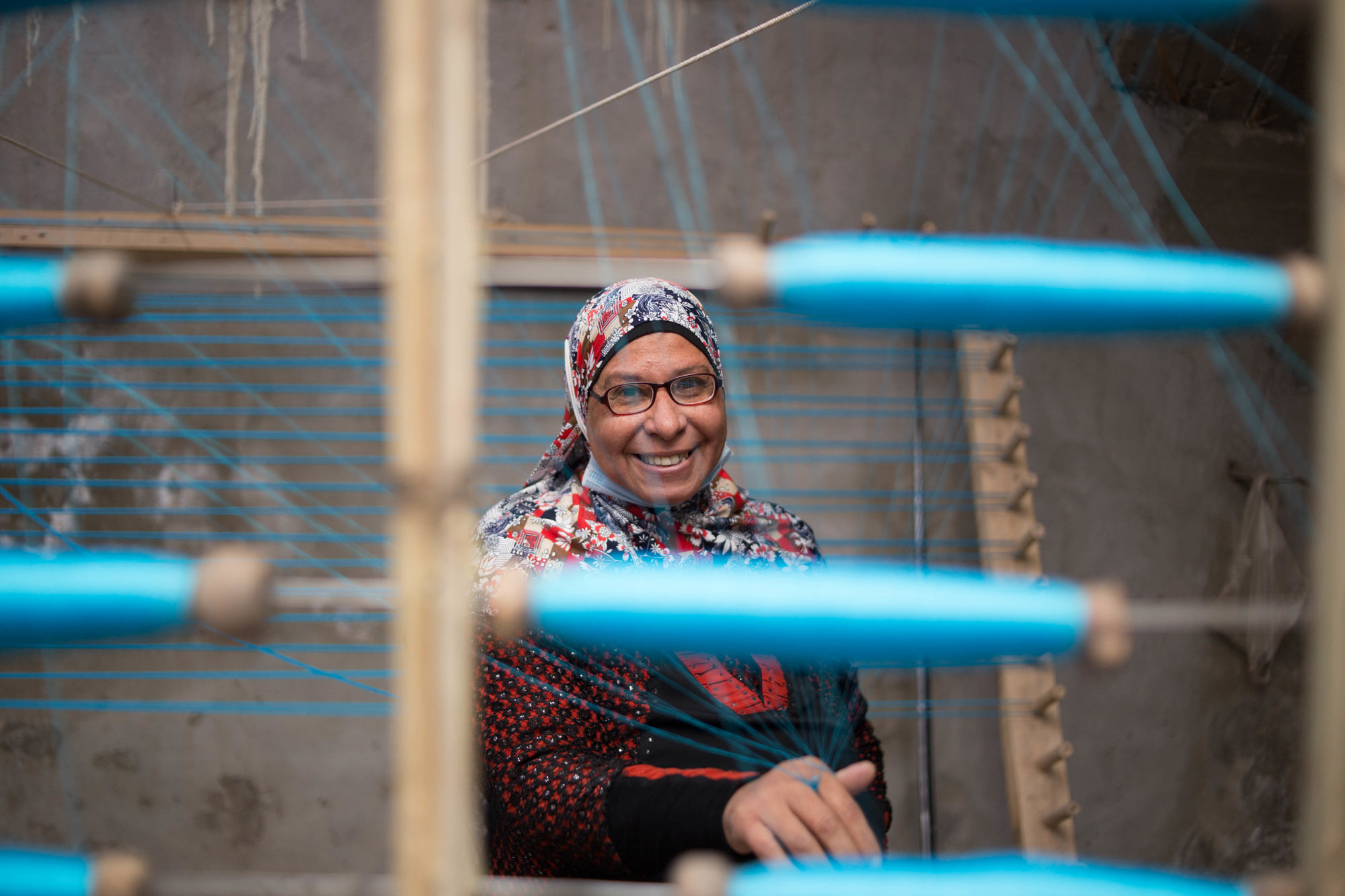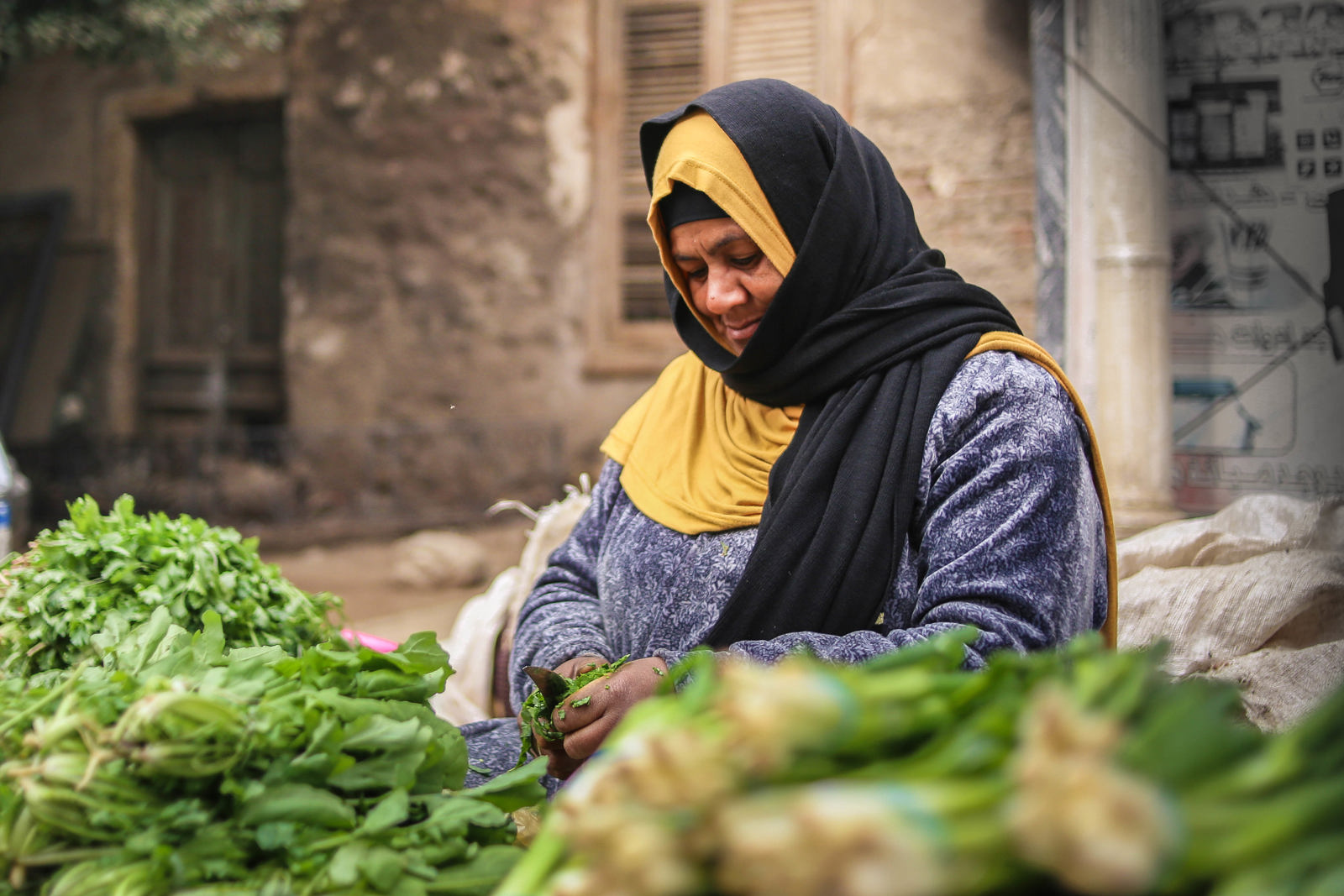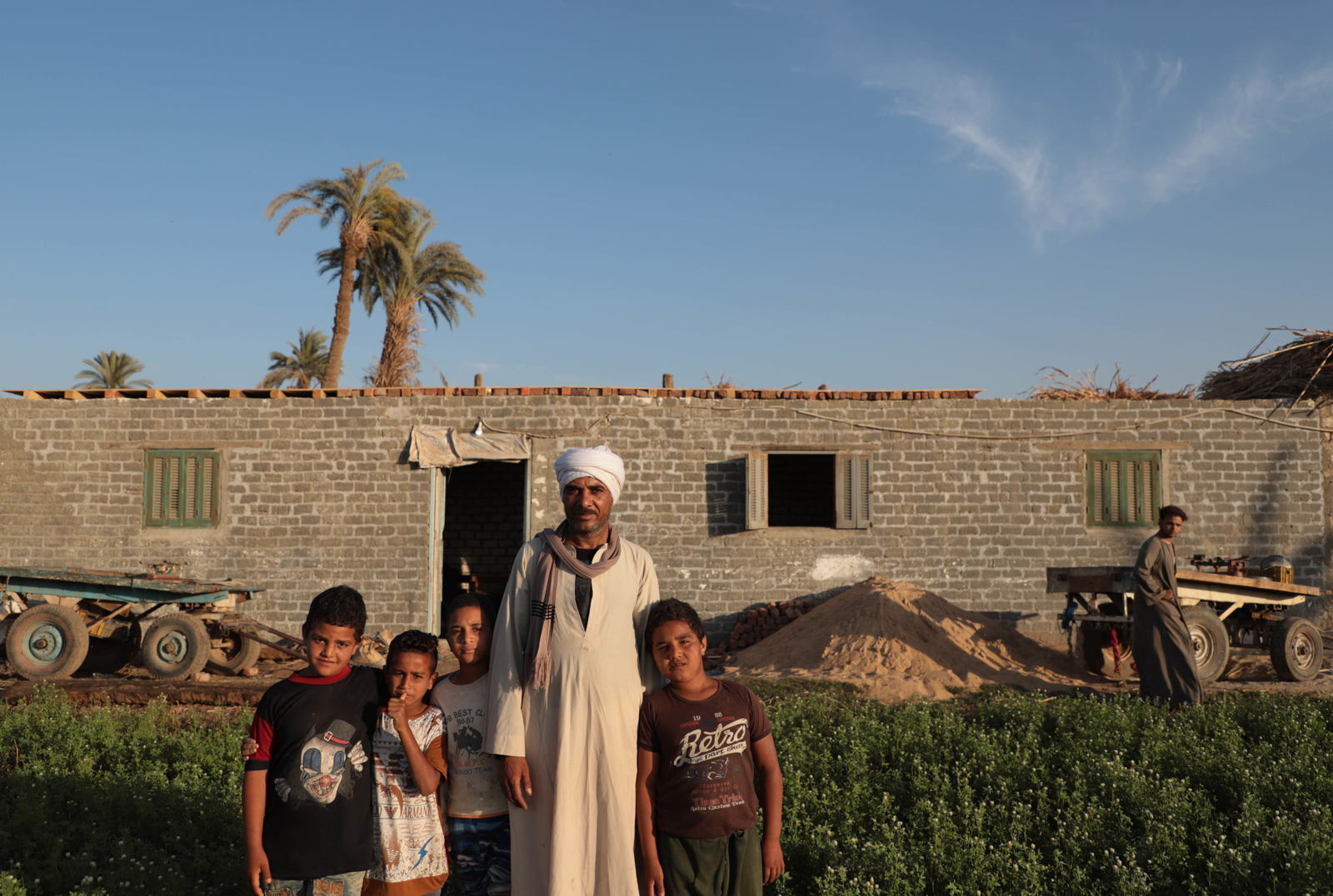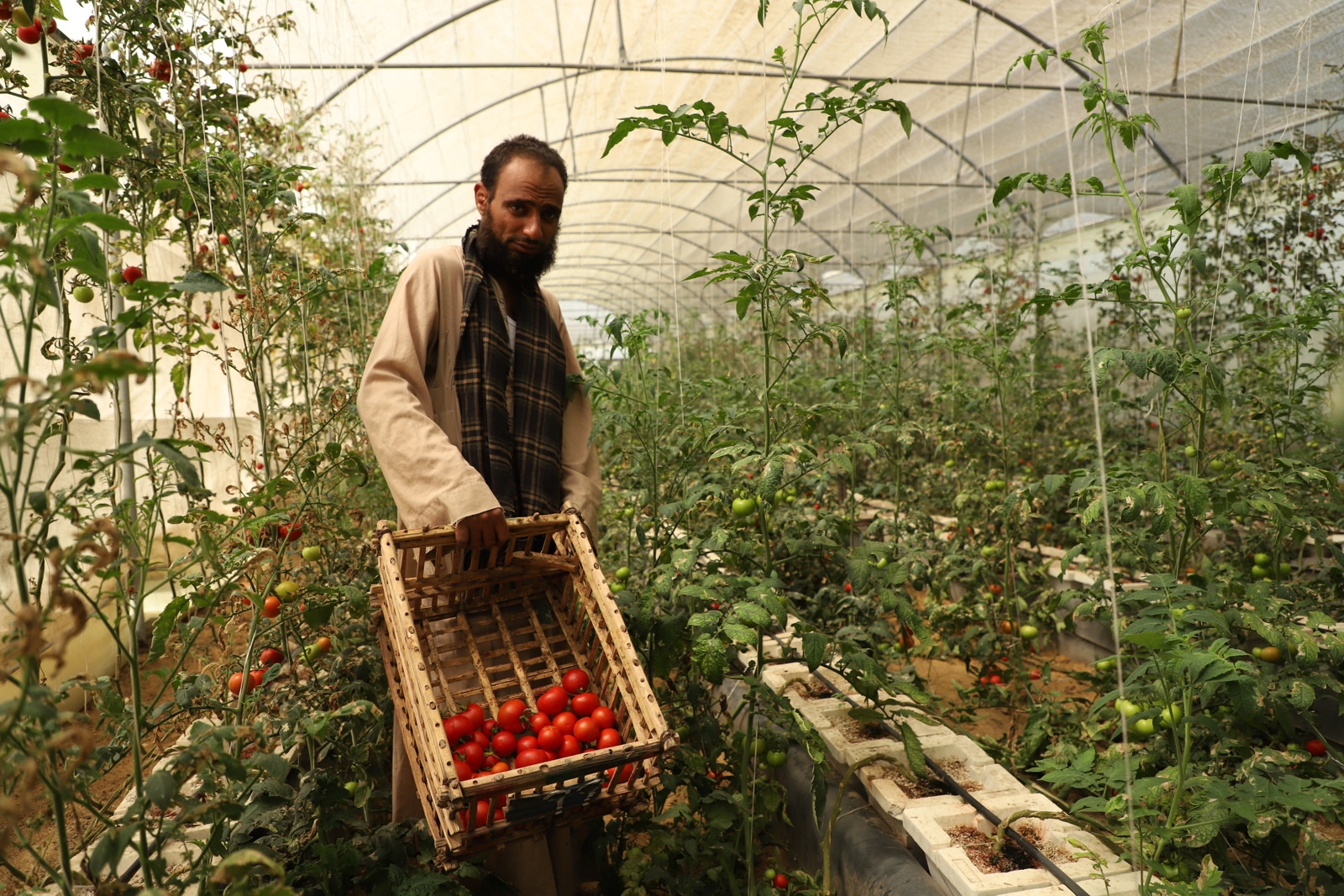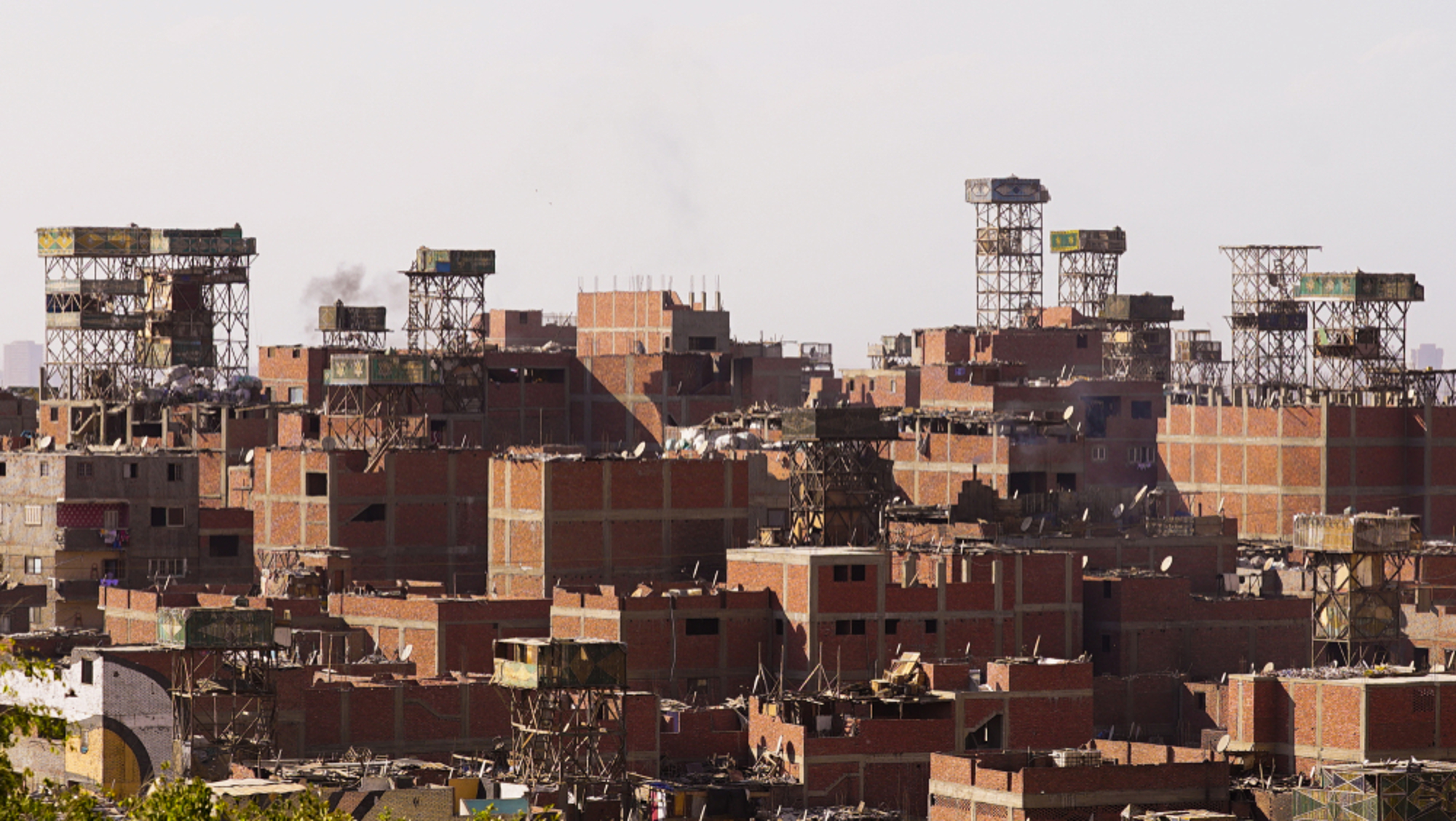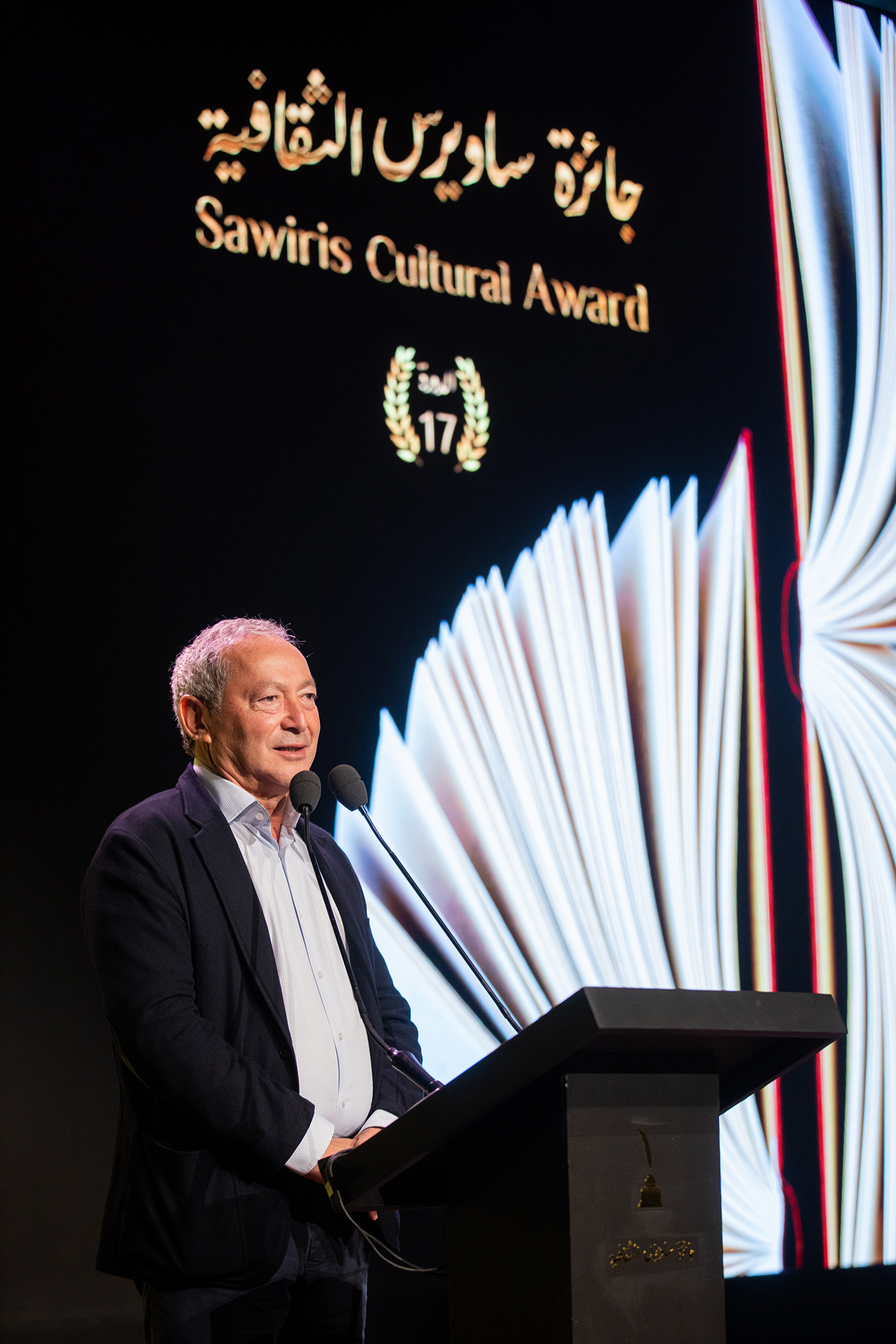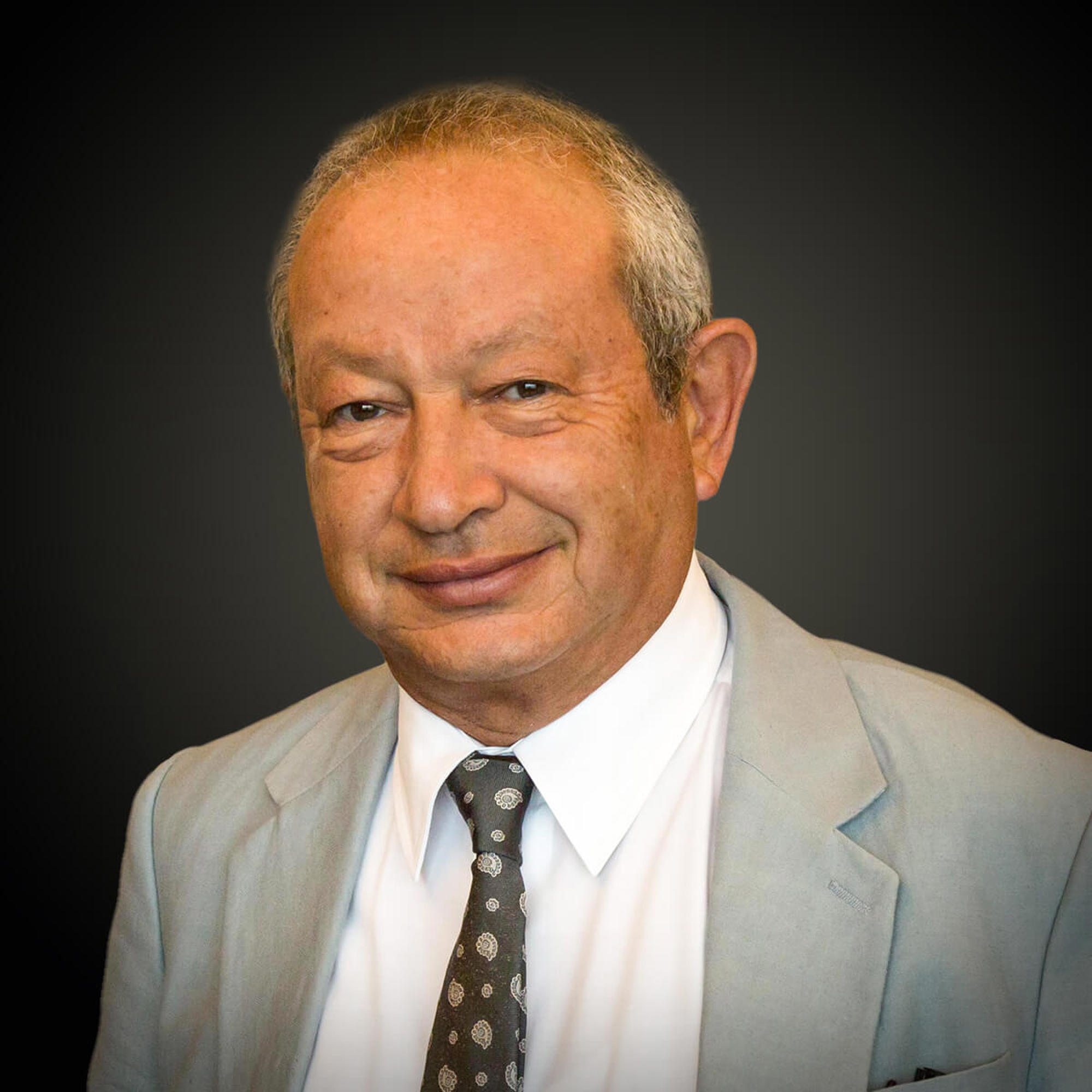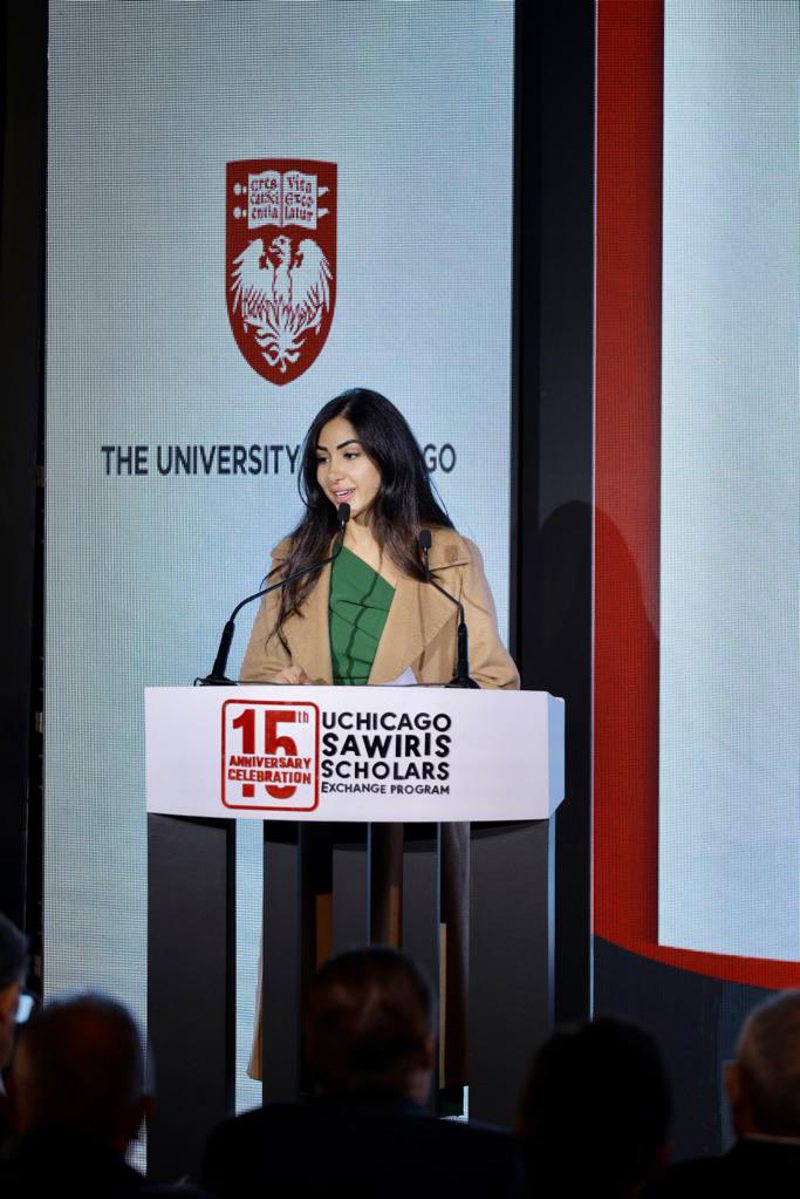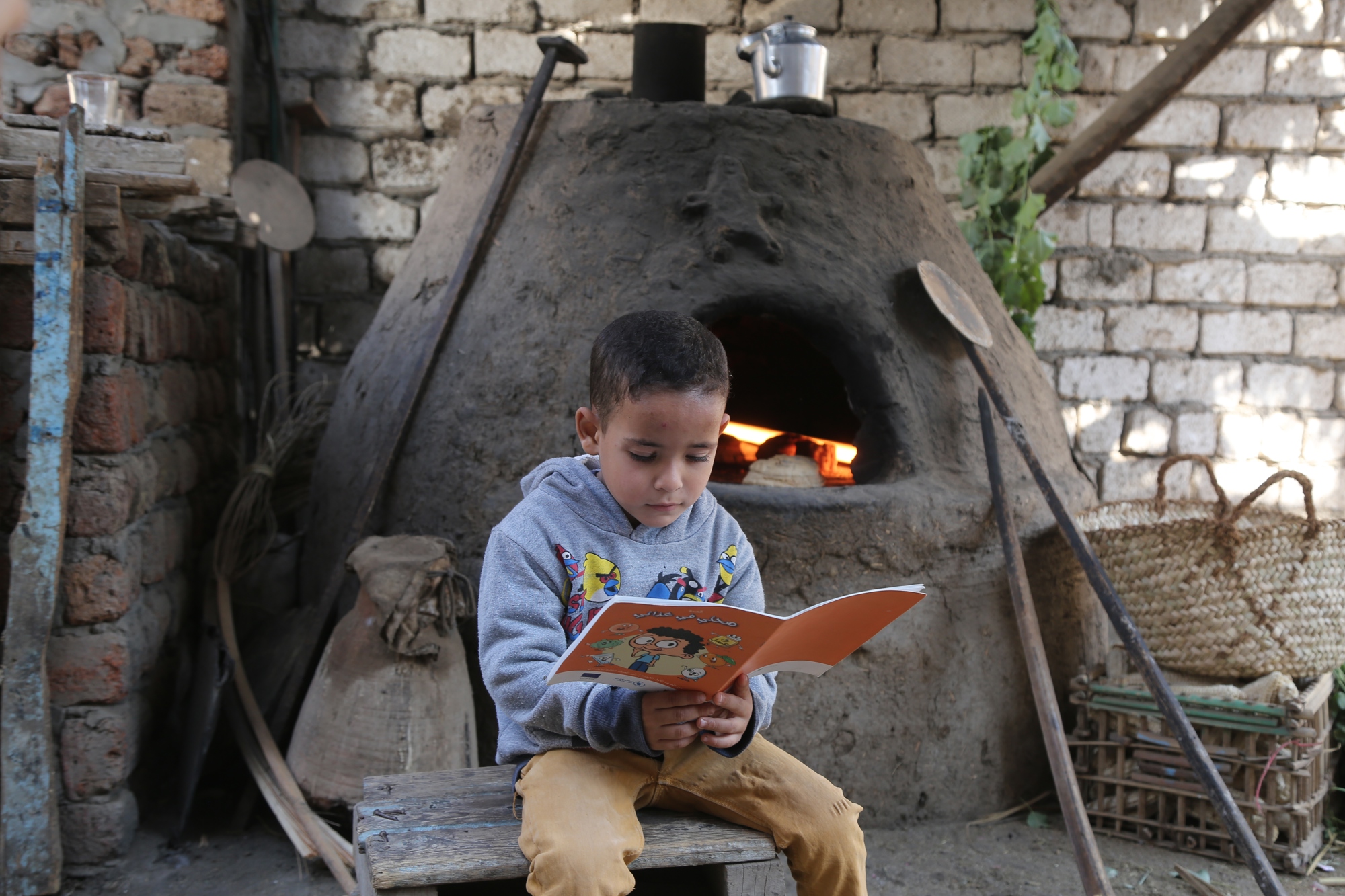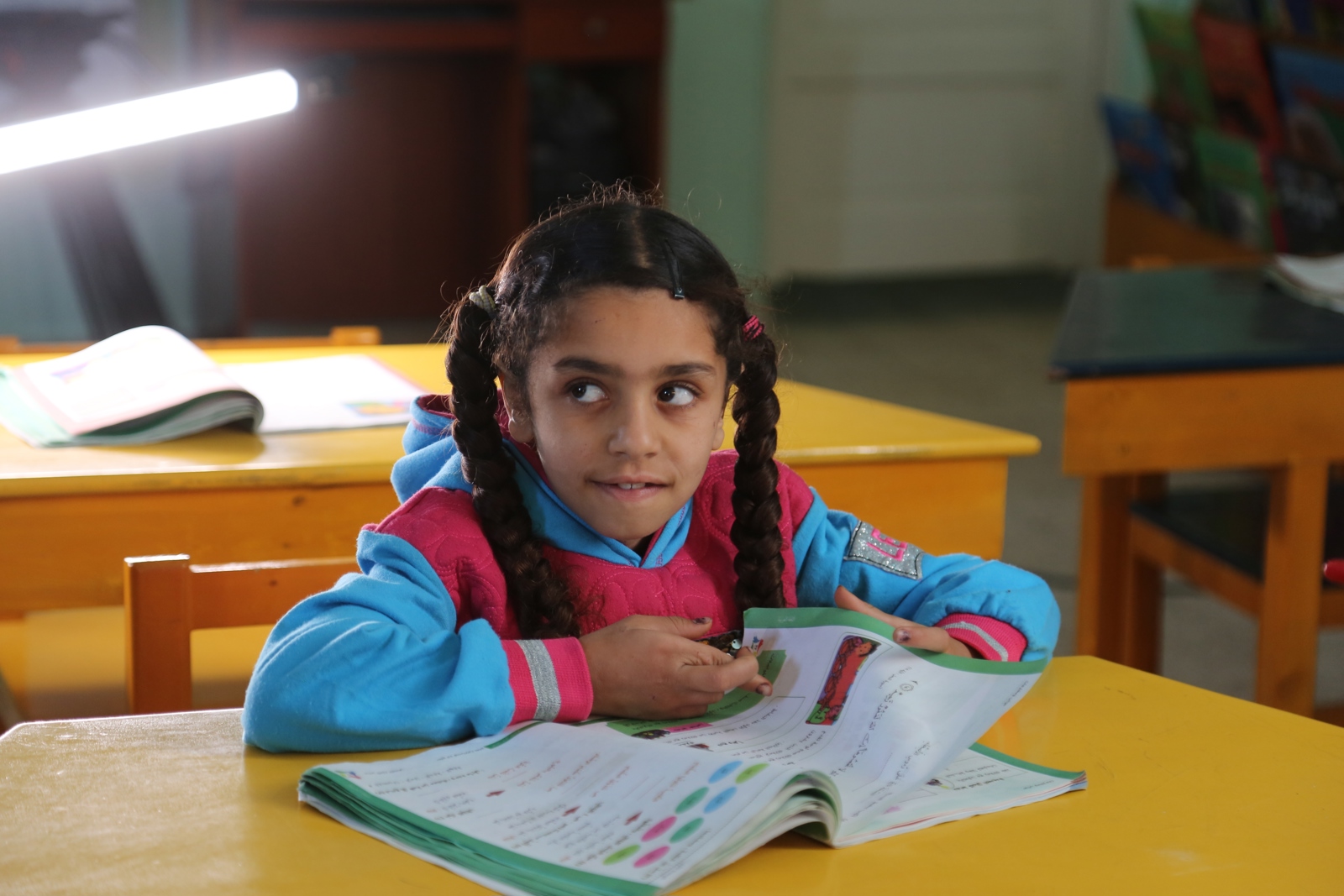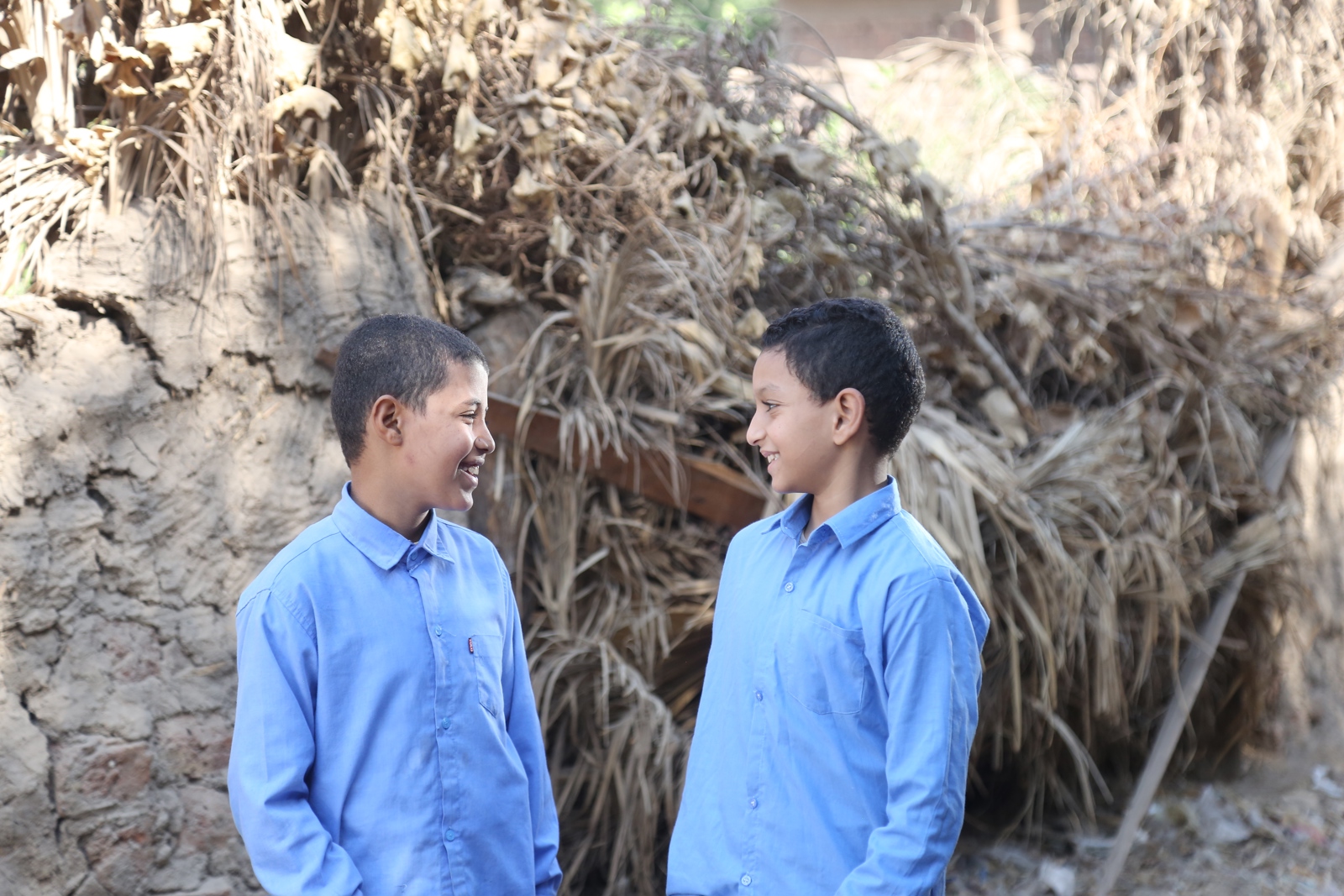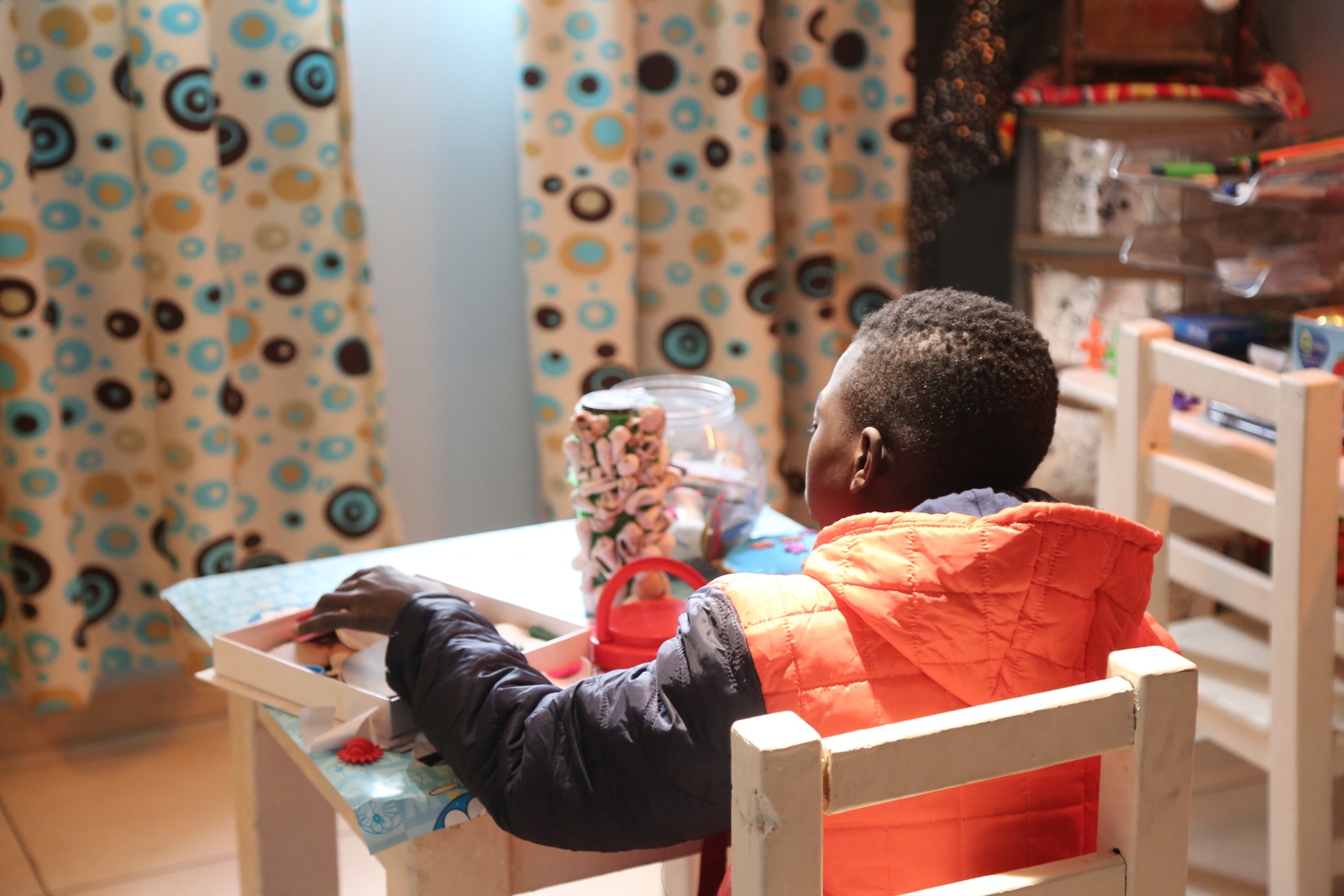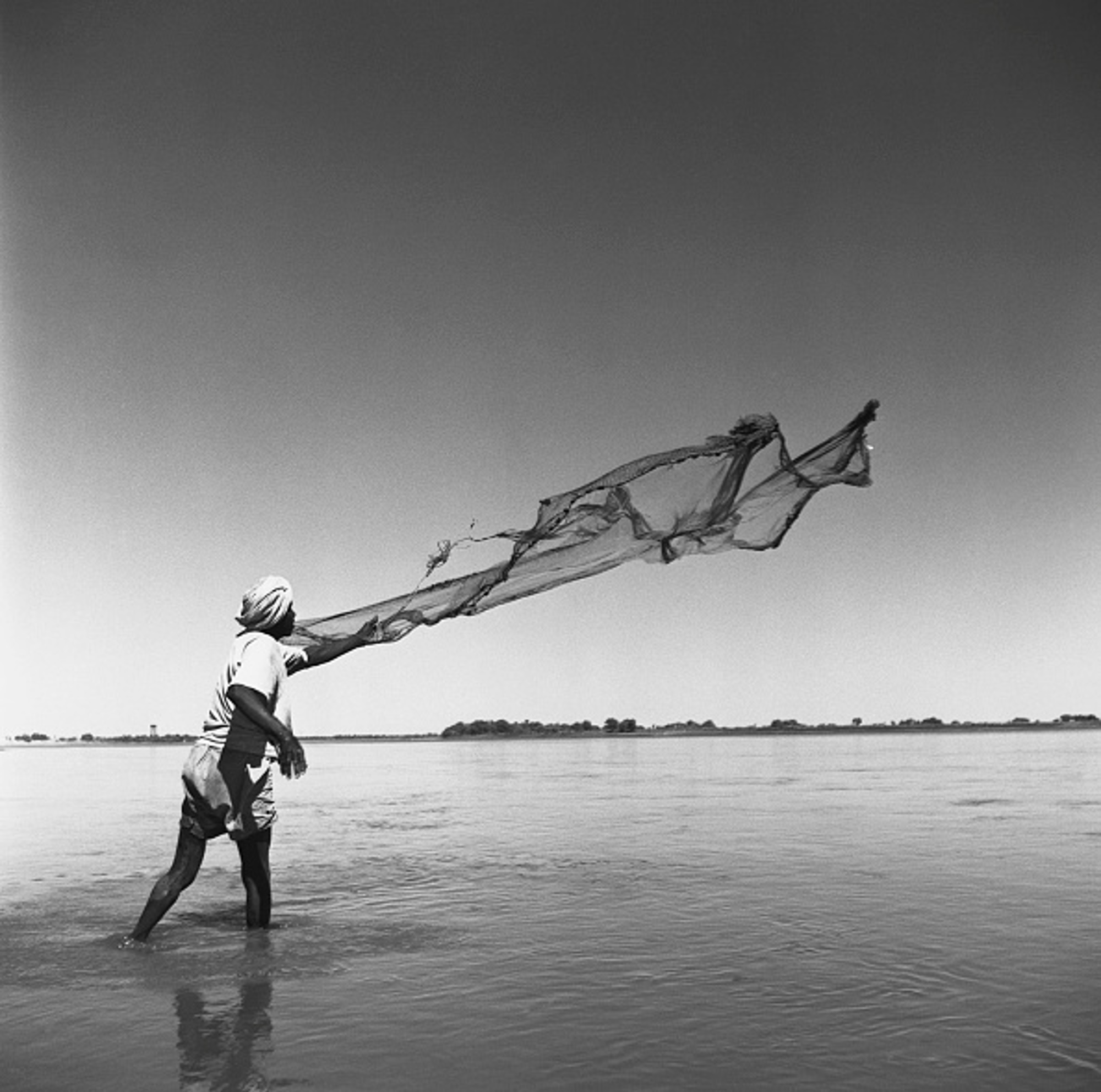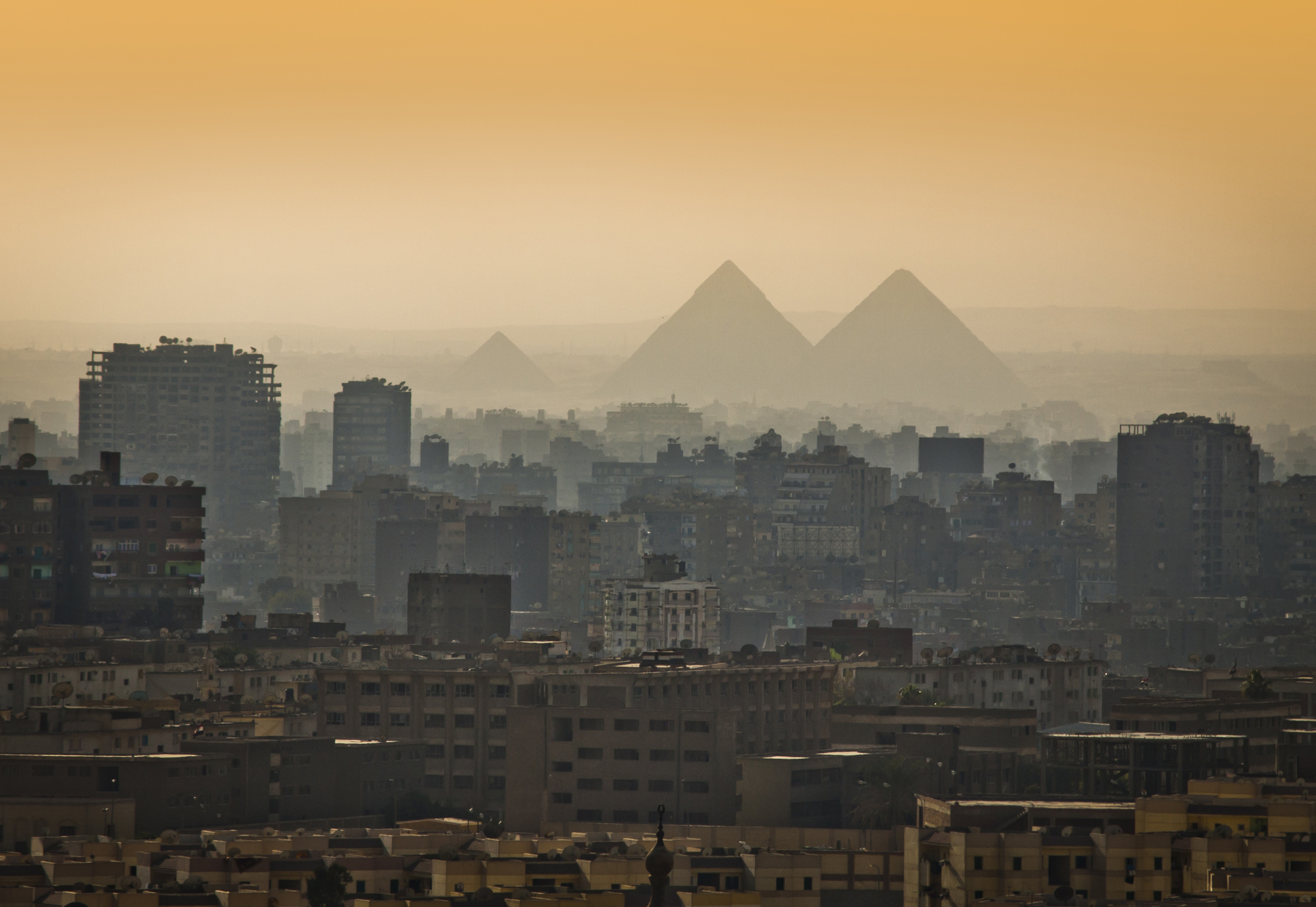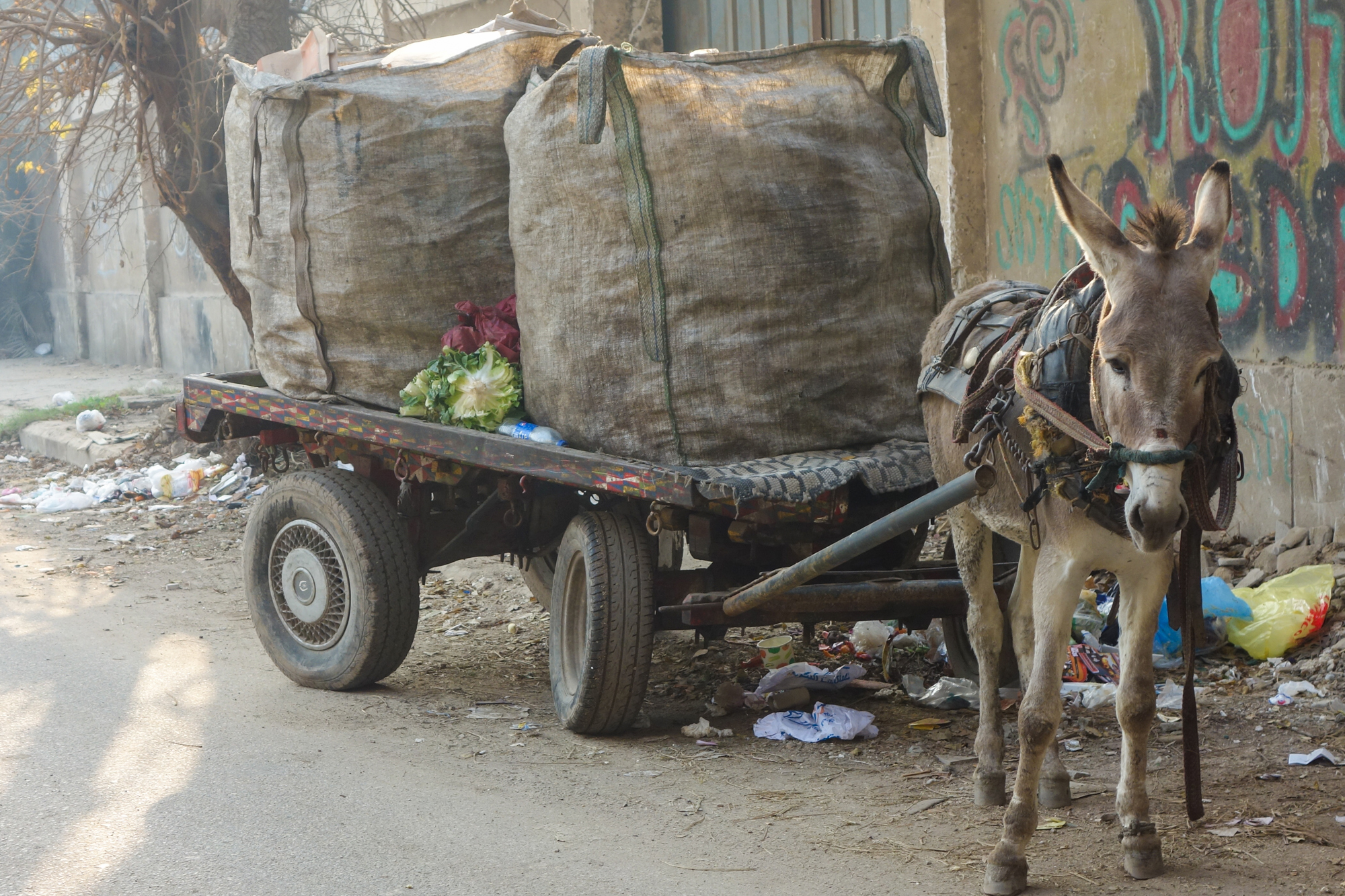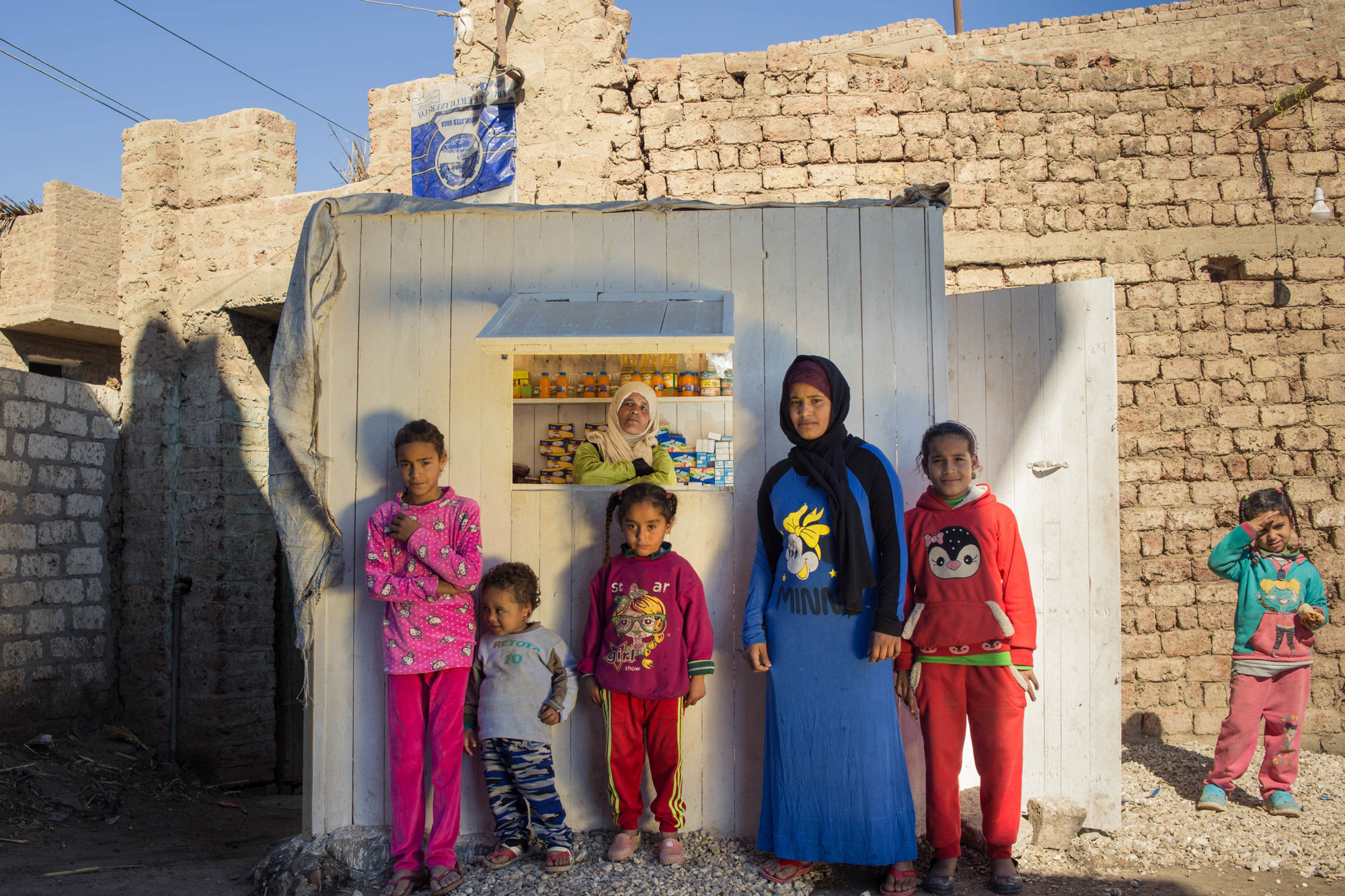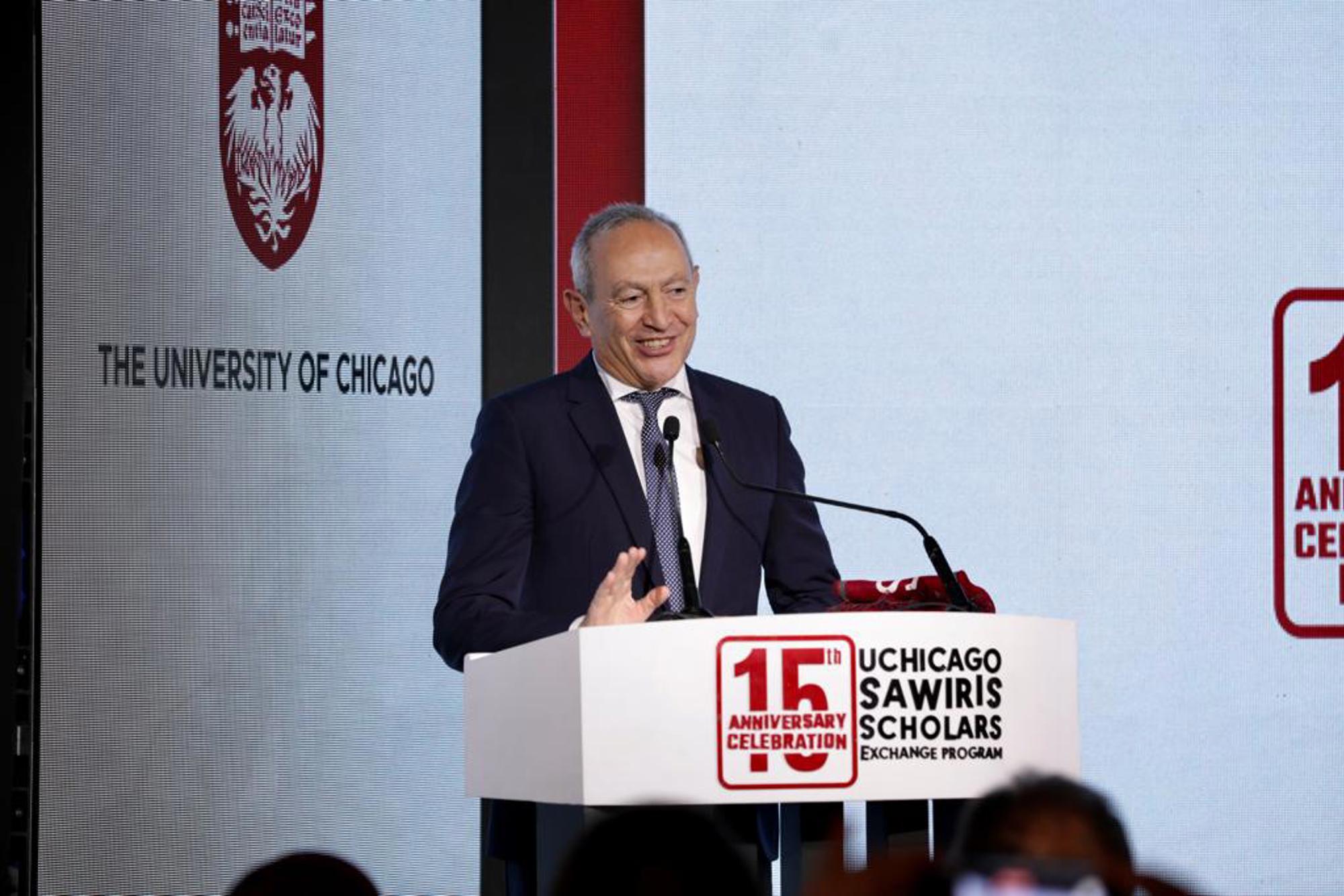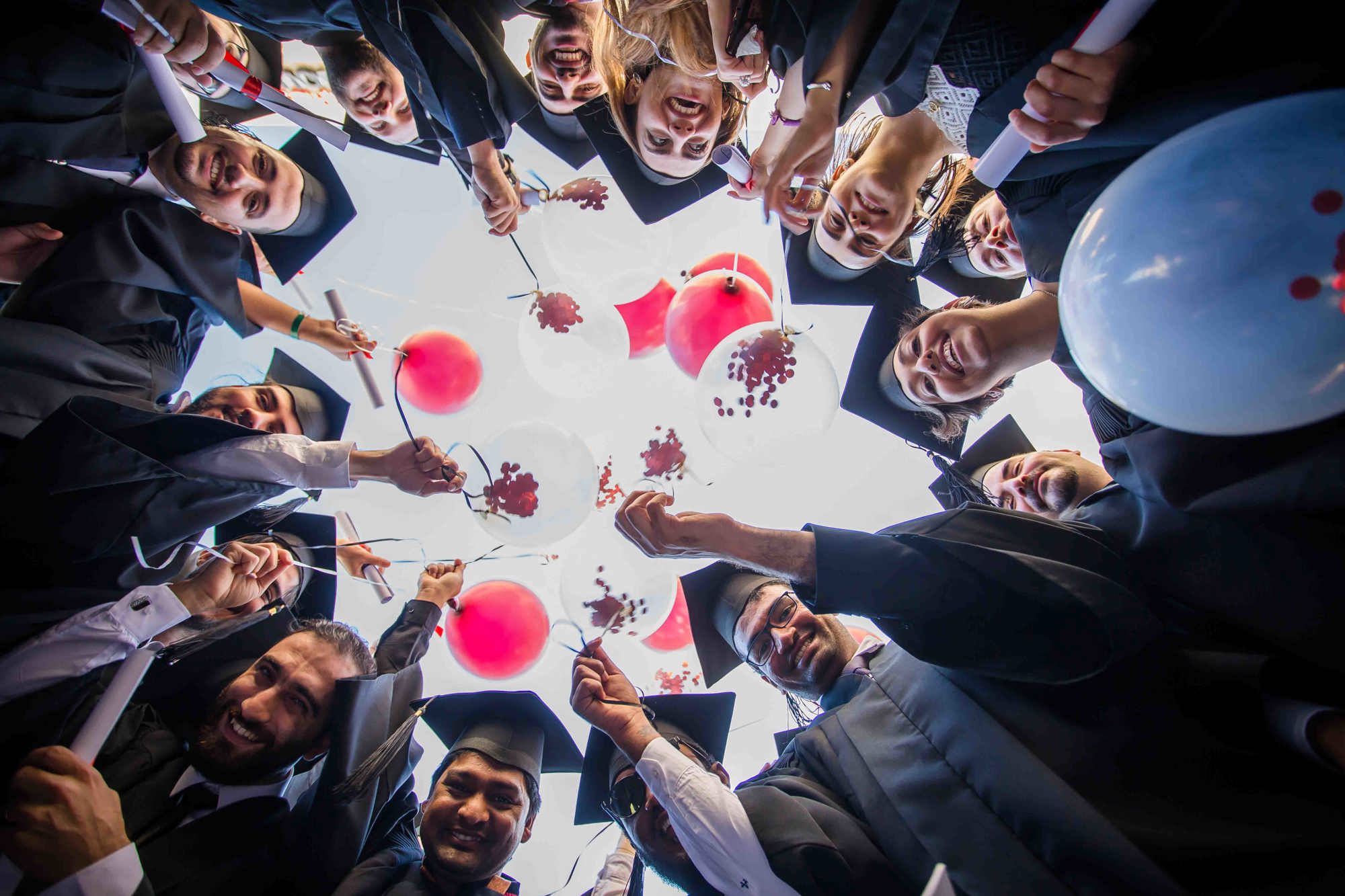Born in Saudi Arabia, Noura Selim moved to Cairo with her family as a young girl. Although she had always entertained the notion of being able to study abroad, her family’s financial situation meant that her university ambitions were restricted to Cairo, until the day her mother spotted an ad in a newspaper. It was for the Onsi Sawiris Scholarship. That advert that would change the course of her life.
“Studying abroad was not something my family could afford, so applying for and then being selected for the scholarship gave me a licence to dream big and maybe even go to an Ivy League university,” remembered Noura. And the Ivy League is where she ended up, when in 2002 aged 17, she began a bachelor’s degree in engineering at the University of Pennsylvania.
A job at the prestigious New York offices of McKinsey & Company would follow upon graduation. In 2009 Noura returned to Egypt to take up a role in McKinsey’s Cairo office, and in 2011 she enrolled in Harvard Business School in order to bolster her engineering background with expertise in management.
“I went to business school because I wanted to complement my engineering background with management knowledge, and because the timing was right: the economy was stagnant, and it was just generally a very unstable time,” she said.
It was on rejoining McKinsey, this time in Dubai, that she found a new purpose. “In Dubai, I focused on advising governments on health care and education. What really motivated me was the potential for making a social impact.”
In 2015, Noura was given an opportunity to do exactly that, when she was offered the role of Executive Director at the Sawiris Foundation. It made for an emotional return to the organisation that had given Noura a career-defining opportunity at such a vital juncture in her life.
